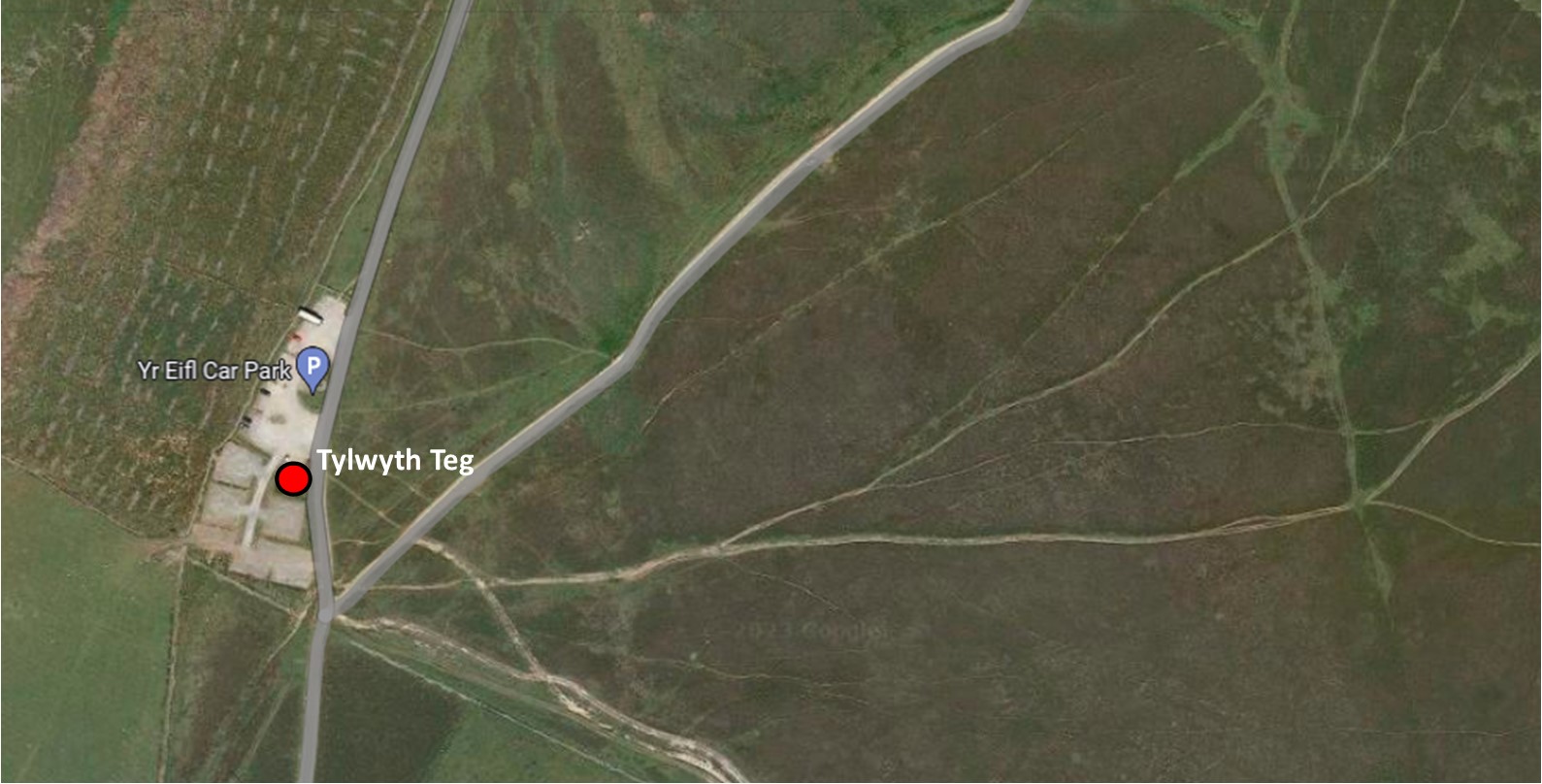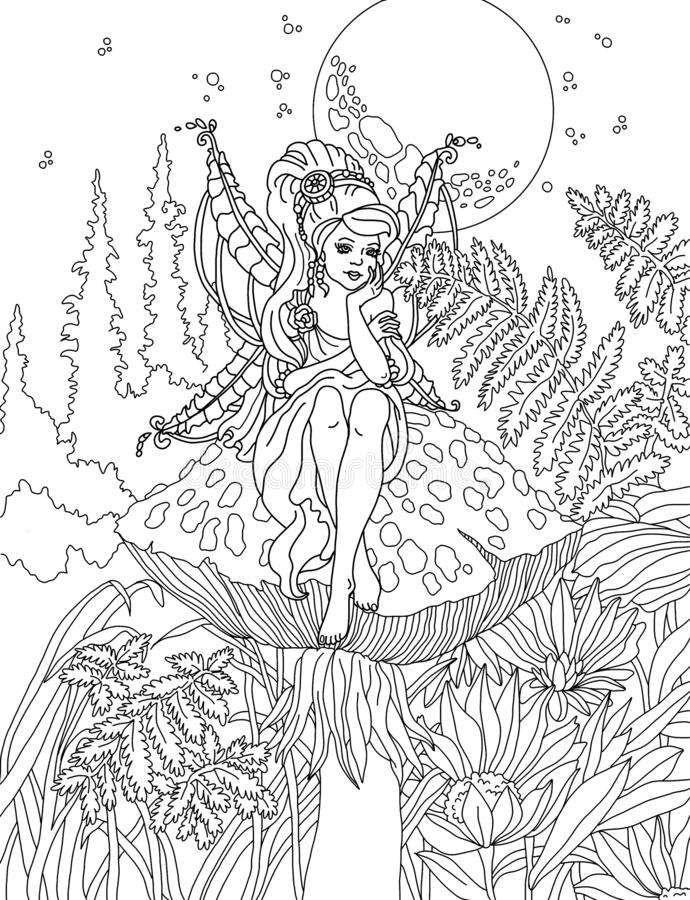Fairies
Tylwyth Teg is the Welsh name given to supernatural beings appearing in the country’s folklore
and mythology, such as the banshee in Ireland, the brownies in Scotland, the fairies and
 Location of the rushes
the elves in England and the fée in France
The legends about the Tylwyth Teg may be related to the ancient gods and goddesses of the
Celts. In most of the Welsh folk tales, Gwyn ap Nudd is their king. They are often associated
with lakes; it was also said that mountain ash and mountain berries is a defence against them,
and that they disliked iron. There are several themes in these legends; one is that the Tylwyth
Teg exchanged human babies for their own. Another theme is that a human being visits the
land of the Tylwyth Teg, sometimes returning home to discover that many years have passed,
and no one knows them anymore. There are a few stories that build on these old beliefs. Jane
Rowlands who lived in Nant Gwrtheyrn put a poker across the fireplace to keep the devil and
the Tylwyth Teg away, building on the belief that they were afraid of iron.
Location of the rushes
the elves in England and the fée in France
The legends about the Tylwyth Teg may be related to the ancient gods and goddesses of the
Celts. In most of the Welsh folk tales, Gwyn ap Nudd is their king. They are often associated
with lakes; it was also said that mountain ash and mountain berries is a defence against them,
and that they disliked iron. There are several themes in these legends; one is that the Tylwyth
Teg exchanged human babies for their own. Another theme is that a human being visits the
land of the Tylwyth Teg, sometimes returning home to discover that many years have passed,
and no one knows them anymore. There are a few stories that build on these old beliefs. Jane
Rowlands who lived in Nant Gwrtheyrn put a poker across the fireplace to keep the devil and
the Tylwyth Teg away, building on the belief that they were afraid of iron.
The inhabitants of the area were superstitious and sensitive to supernatural activities. When an event was beyond comprehension it was often attributed to interference by the Tylwyth Teg.
 Tylwyth Teg
Tylwyth Teg
They spoke in a strange language and could be heard conversing, but when they encountered local people, they spoke Welsh . A child who was less than average height was considered a Changeling. Elis Bach (Little Elis) lived in Nant Gwrtheyrn and had to walk backwords down the steep winding road to Nant Gwrtheyrn. He was considered to be a Changeling, on account of his short legs. Ellen Evans remembers her aunt telling the story of an old lady who was a midwife in the village, who one day was at home when a gentleman called on her and asked her to accompany him. He desperately wanted her to accompany him, so she agreed to sit behind him on horseback. According to the midwife’s story, she found herself in a grand palace where a child was being born. But the midwife soon found herself alone in the rushes above the village of Nant Gwrtheyrn, having broken or disregarded an order that the gentleman gave her.
She could no longer see or find the grand palace, the baby, or the gentleman was nowhere in sight. She had no recollection of what happened to her on her return home.